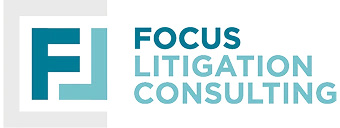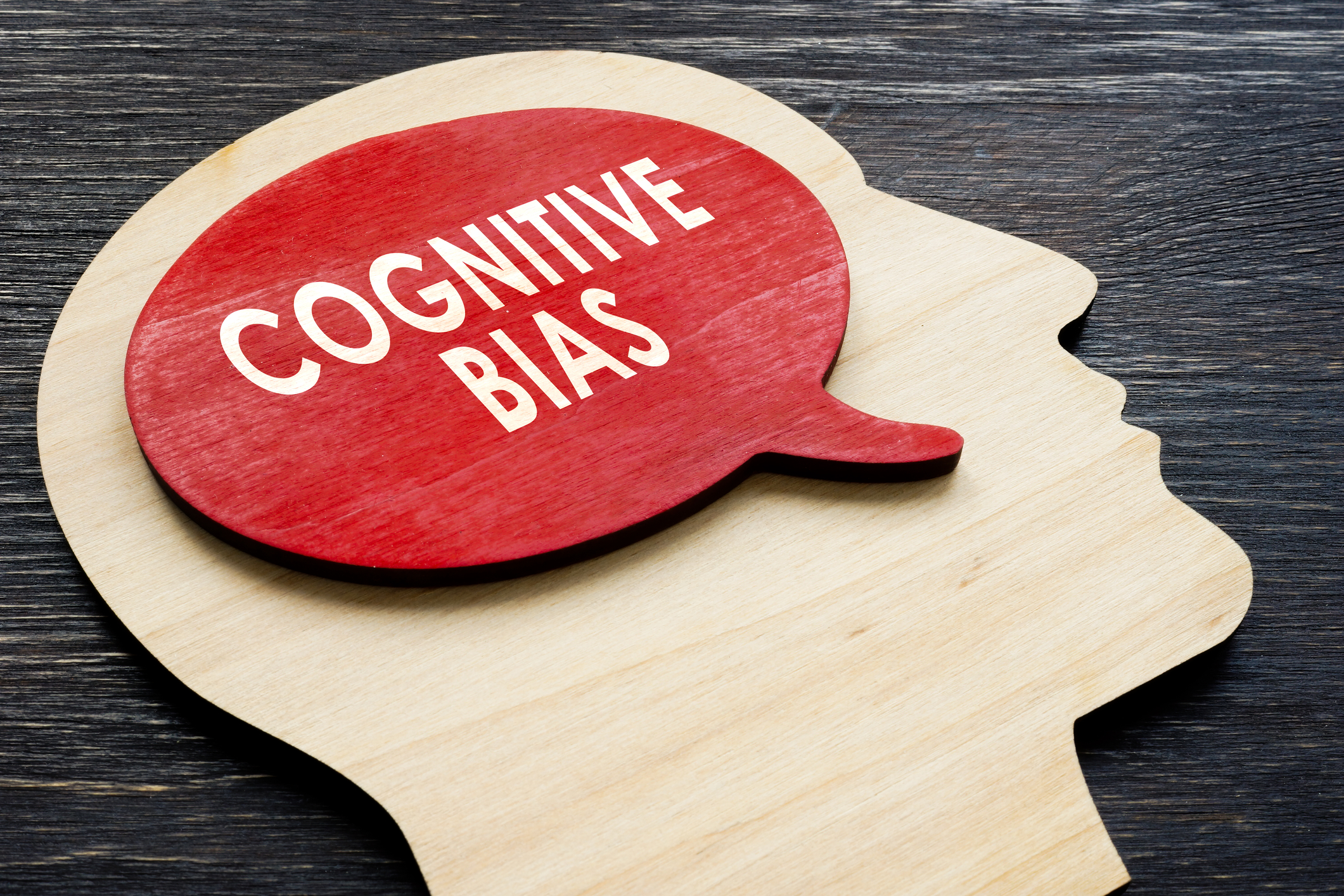The Dangers of DIY Jury Research
MOCK TRIALS & FOCUS GROUPS
A Staple of Modern Day Trial Preparation
Jury research has become a permanent fixture of effective trial preparation – the odds are that you will face an opponent who has tested, tuned, and refined his or her trial strategy through the use of mock trials, focus groups, community surveys, or other pretrial intelligence gathering techniques.
The critical decision is no longer whether a trial lawyer should incorporate jury research into his or her trial preparation regimen, but rather which type of jury research is called for, when it should be conducted, and which trial consulting firm should be retained. FAQs About Hiring a Jury Consultant
THE DANGERS OF D-I-Y (DOING IT YOURSELF)
Unreliable Research Can Cost You
Some trial lawyers have taken to conducting their own mock trials and focus groups as a means to save money, in some cases conducting research at their law firms using lawyers and staff members as “mock jurors.”
HERE’S OUR WARNING: DIY jury research is about as useful and as accurate as diagnosing yourself using WebMD. Anyone can purchase a stethoscope, press it against their chest, and listen for a heartbeat. But when you don’t know what you’re listening for, how to recognize various sounds, or how to diagnose their meanings and implications, your self-diagnosis is a futile exercise.
A lawyer untrained in the social sciences of cognitive psychology, communications, and decision-making will not recognize or be able to parse much of the diagnostic data emanating from mock jurors, appreciate the predictive significance of participants’ responses, or know how to match the diagnostic information to the cognitive strategy or heuristic tactics. Add in the stream of unconscious cues provided by the attorney conducting the focus group/mock trial (e.g., conducting the research at the attorneys’ law firm, recruiting staff members, other attorneys, friends, or family to play the role of mock jurors, failing to adequately present the opposition’s case, etc.) and you’ve increased the likelihood of contaminating your jurors through response-biasing. Research participants’ responses, under such conditions, will provide little in the way of useful, reliable, objective information.
Unreliable jury research can provide you and your client with a false sense of security. It can also lead to tactical errors in jury selection, the use of demonstrative aids, witness testimony, and case presentation. In other words, unreliable jury research can cost you dearly. More on Reliable Mock Trials and Focus Groups
THE BENEFITS OF HIRING A JURY CONSULTANT
No Gut Instincts. No Coin Tosses.
Clients make the mistake of thinking lawyers should be experts in jury research, and lawyers often struggle in countering this common misconception. In reality, hiring a jury consultant is akin to hiring any other expert for a case – lawyers are skilled at the law, while jury consultants are skilled at social research. They are two entirely different disciplines.
While it takes about 5 to 9 hours to conduct an average mock trial, that is only a fraction of the time spent by a good jury consultant after the research is completed converting mock trial data into high resolution, predictive behavioral intelligence and case-critical recommendations.
A good jury consultant will (i) analyze attorneys’ presentations, demographic and baseline bias information, questionnaire responses, and jurors’ deliberations from the mock trial; (ii) review the case data collected, and weigh it against a large database of cases and scientic jury research articles to highlight critical tactical information for trial; (iii) formulate specific communication strategies, including high-impact analogies, metaphors, sound bites, and themes that resonate with jurors; (iv) conceive demonstrative aides that will convey in pictures, rather than in words, the important case points (because most people learn visually); (v) statistically determine the type of individuals who are most favorable and unfavorable to sit on the real jury; and (vi) formulate questions to elicit the most useful information in voir dire.
So we ask you: would you rather rely on DIY or scientific jury research and analysis? More on the Benefits of Scientific Jury Research




